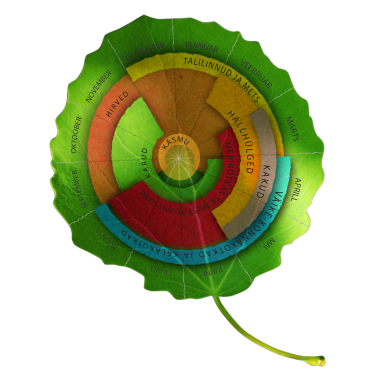The droppings of lynxes are seldom seen in nature – the lynx usually scratches soil or snow on top of them. However, if you find excrements do not touch them with bare hands.
Photo: Aive Sepp
Estonian text posted by Animal of the Year Team 13.10.2018
English translation Liis
The excrements of omnivores and carnivores can contain eggs of parasites and other pathogens that may infect humans too. Because of this rubber gloves or other means of handling should be used on studying them or collecting for exhibition.
The excrements of herbivores present no risk. From the excrements of elks or rabbits even necklaces and earrings can be fashioned.
The cylindrically-shaped excrements of lynxes do not contain bone shards, and only occasional hairs can be found. Like domestic cats lynxes are selective eaters and prefer pure meat. Their teeth don’t allow chewing on bones or frozen prey.
Excluding the young animals that are starting independent life and roving around lynxes are territorial animals. To hide their presence they scratch snow or soil on to the droppings. Along the borders of the territory however droppings are left lying about in visible positions. The message to co-specifics: keep off, the hunting ground is occupied! Likewise, young individuals looking for a home territory don’t bother to hide the excrements.
A continued interesting lynx year !
Vahur Sepp





